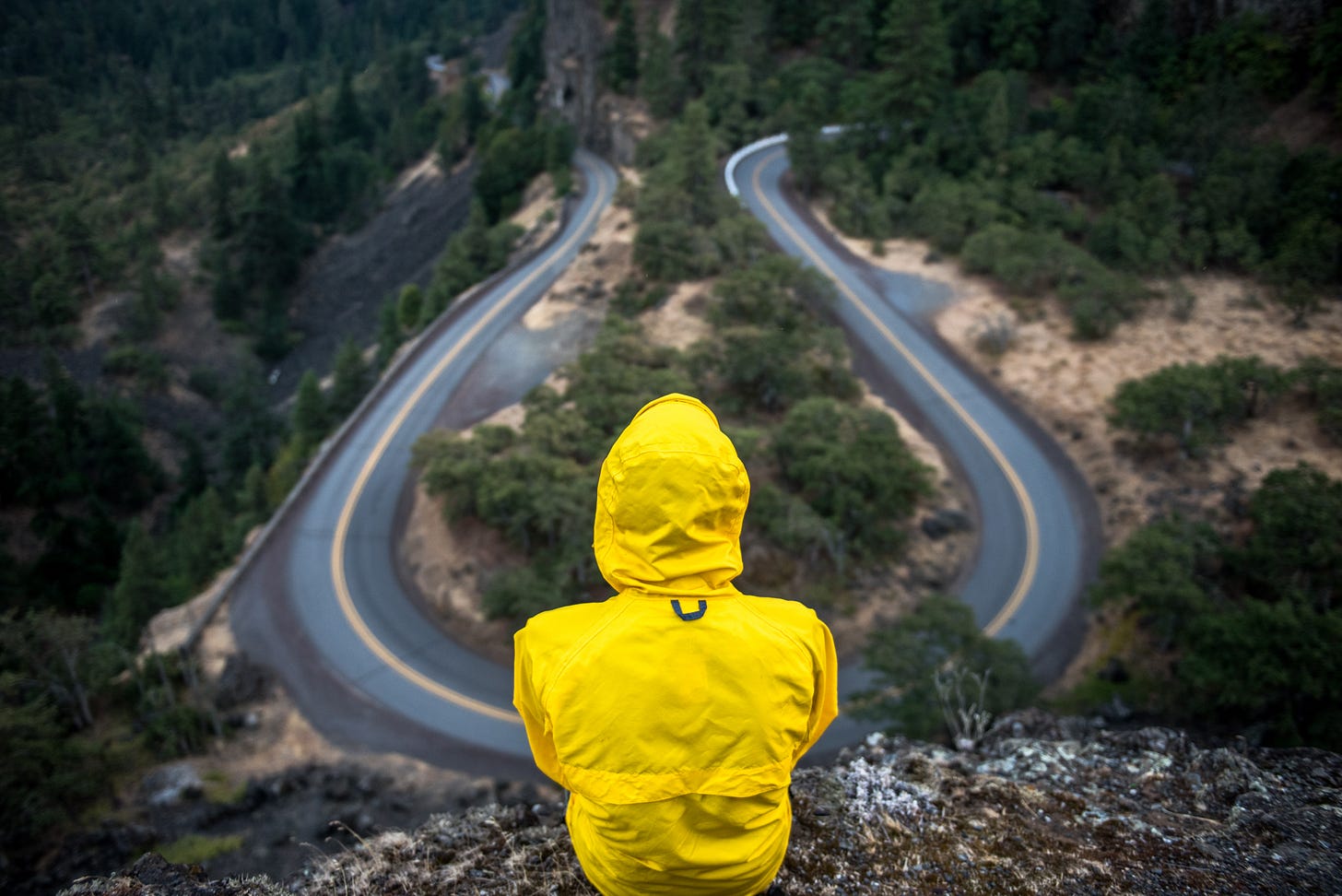The meaning of the question "What impact are you making?" has prompted various responses at different stages of my life.
As a fresh business graduate, my answer was simple: "build something world-class that is recognised globally". Having grown up in Mumbai this meant copying the latest standards and benchmarks of the west in any work I did. I worked in Talent Management and Organisational Development before sliding over to Solution Architecture for multinational corporations.
In the middle of my career, I had to adjust my previous answer with "build something close enough to world-class that actually works locally" prompted by the lesson: it's far better to adapt than adopt. I gradually made my way into a Strategy and Innovation development role.
By the time I was making executive decisions, the answer had completely changed "build something that works only after duly reflecting on the problem and defining standards for the community you serve". The problem-solution fitment is unique to every culture and its models of operating. It felt great to be working on innovative technological solutions that had a direct impact on factors such as carbon emissions and shareholder value. Surely, I was contributing to impact but something felt like it was missing.
Every weekend I found myself pondering over concerns larger than those of our customers. The concerns varied from the fact that more than one tonne of plastic per living person had been produced since the start of its production, how rising levels of physical inactivity were now a global risk factor for mortality and how education systems were not adapting to the needs of a technology-driven future job market. I began feeling conflicted about my success and my self-justification for making an impact on this world.
This prompted me to follow my instincts, take a leap of faith and strive for a more impactful life. I quit my steady career path, gave away all my worldly possessions (except those I would go on to travel with), took a gap year from technology and decided to let chance lead me down a path of serendipitous discovery and learning from scratch.
A year in, I found myself accidentally stumbling into the role of a Strategy Consultant to sustainability and impact-driven startups. Despite feeling inadequate in how much true impact I was making, I had an acquired skill set that would prove helpful to impact entrepreneurs. Working with social entrepreneurs on idea validation, business models, and fundraising felt refreshing and yet I couldn't have picked a more challenging niche. If the rule of thumb says only 1 out of 10 startups succeed, the odds for social and impact endeavours are more like 1 out of 100. The ones that failed only made me more determined to concentrate my efforts on this group of passionate and hungry impact champions.
My sabbatical from the corporate world turned out to be a permanent one. Along the way, I met my wife while volunteering to build a sustainable bamboo home. I relocated from Buenos Aires to Berlin to set up a sustainable design company. Our lighthouse project was an IoT fitness product. We succeed in building a prototype, testing the product, raising money, identifying manufacturers, establishing our supply chain and saddling on a behemoth institutional customer with whom we planned to test the markets and move to retail thereafter. Sadly, one institutional customer in the face of a pandemic meant we were soon out of business.
The pandemic paved the way for new opportunities to digitise and have an impact on the environment and society. I went back to coaching startups and small businesses. I also developed a series of workshops to help entrepreneurs find new ways of pitching their ideas, fundraising and most critically developing unique perspectives and approaches to deal with a post COVID world. This was a period of relatively high amounts of pro-bono work and for the first time since I quit my corporate life, contemplated a switch to a stable job that would be less of a struggle for our newly expanded family with our 2 daughters. This job search would prove to be a series of failures that went on for a year. During this period, I took a step back from active consulting and used the time to network with as many impact champions, impact investors and impact education initiatives. One such initiative in the making was BETTER ONE and here is where I would find the opportunity to converge my thoughts, perspectives and learnings of my corporate and impact path experience.
So, what is BETTER ONE? As the name suggests, it's about building a better future for our world. It's an open ecosystem that supports impact entrepreneurs, ideators, designers, futurists and impact investors to connect, collaborate and support one another. In the last century, the industrial era's focus on production, effectiveness and self-benchmarking has led to an uneven balance with the planet. The world is witnessing a **hangover of the industrial era** with the focus shifting from people-planet-profit to people-planet-purpose and holistic prosperity. We are witnessing the **rehumanisation of media**, the **democratisation of consumption** and the **dawn of zero competition**, all of which are tied into the BETTER ONE philosophy. Our approach is about looking forward, removing blame and taking incremental small steps to secure the interests of our planet as a whole.
Love, curiosity and initiative are the only skills needed to be part of the community. "What impact are you making?" is not a question anyone has to figure out all by themselves anymore. We’re building in public and if you want to be part of this journey, I’d love for you to connect with me.

